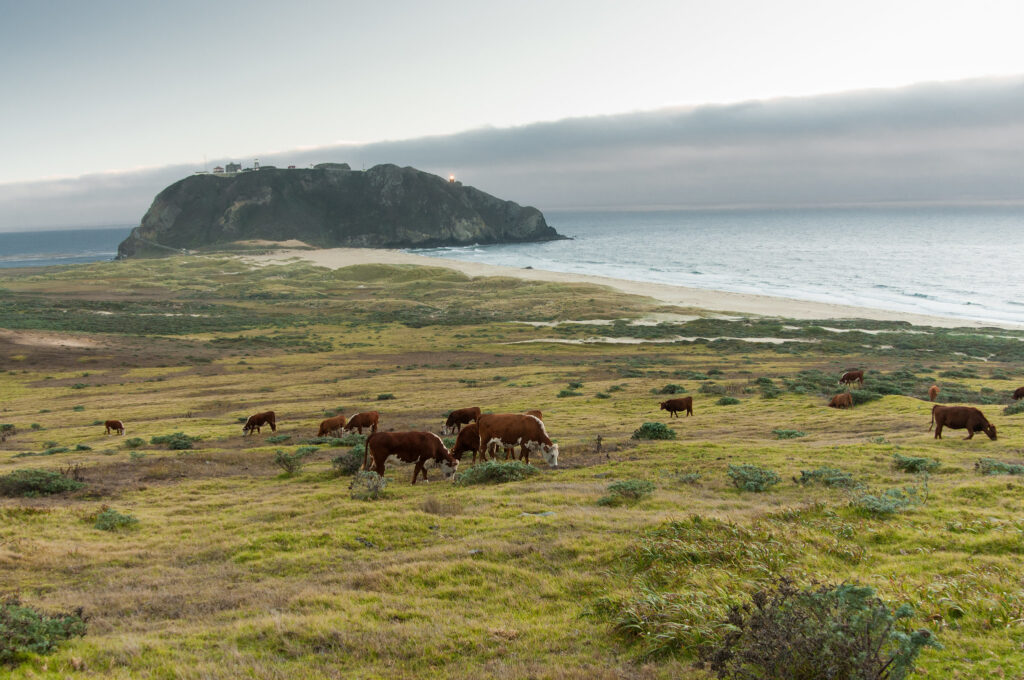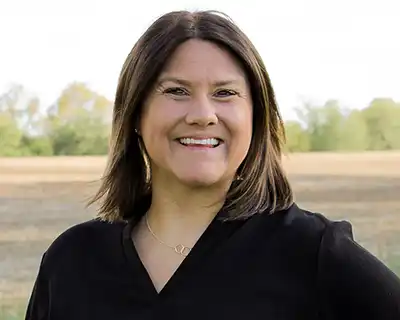
The future of American beef will rest on at least three pillars including emotionally powerful storytelling, data-driven insights and values-driven, diversified supply chains. That approach runs counter to traditional beef and agricultural marketing more generally, which has depended on attempting to educate the public on granular aspects of farm and ranch production, says Kent Harrison, vice president of marketing and premium programs, Tyson Meats.
“Where you end up is what I call the disability of expertise, in naturally wanting to tell them everything, all the details,” says Harrison, who participated as a panelist on a Farm Journal webinar, “State of Sustainable Ranching,” held Jan. 26. “But instead, you have to find where the heart lies and work backward into the detail.”
Other beef experts including Debbie Lyons-Blythe, Kansas rancher and chairman-elect of the U.S. Roundtable for Sustainable Beef, and Janette Barnard, associate director of Merck Animal Health Ventures, shared similar viewpoints during the conversation. Amy Skoczlas Cole, executive vice president of Trust In Food, Farm Journal’s sustainable ag division, moderated the discussion.
“The consumer market has bifurcated,” Barnard explains. “There are different segments that are interested in different attributes and value different attributes.” Most people care less about specific land-management practices used in beef production and more about the outcome of those practices, such as a carbon-neutral beef supply chain, she adds. In five years, she’s hopeful a sizable portion of U.S. cattle sales—perhaps as much as 25%—will take place through dedicated supply chains, “aligned around some kind of attribute, with incentives back to producers.”
Carbon markets also will have matured, creating new monetization opportunities for beef producers managing hundreds of millions of grazing-land acres across the country, Barnard predicts.
Working toward that future will require the entire beef value chain to level up its sustainability efforts, says Lyons-Blythe, whose family owns Blythe Family Farms, an Angus operation south of White City, Kan.
“Our cows do emit methane, we do have to face that,” she notes. “There are improvements in efficiencies that can be made on every farm and ranch, even if you feel you are very sustainable, as well as at every level along the value chain. Feedlots, auction markets, packers, processors and retailers can all become more efficient and impact beef sustainability.”
Everyone who is part of the beef value chain should take time to learn about the six indicators the Roundtable has developed to help measure and advance sustainability, Lyons-Blythe adds. Her family’s legacy—including her five children, who will inherit the operation—and the industry depend on it.
“My hope is that No. 1, we show precompetitively that – American beef is the most sustainable beef in the world,” she says of the Roundtable and its members’ objectives. “The next step is that I hope we can provide metrics to measure sustainability to those different marketing companies because the USRSB has done all the work—the entire value chain has agreed on it.”
To learn more about the future of sustainable beef, view the replay of Farm Journal’s free “State of Sustainable Ranching” webinar.



